The New Classics: Frances Ha
 Tuesday, September 29, 2020 at 2:31PM
Tuesday, September 29, 2020 at 2:31PM
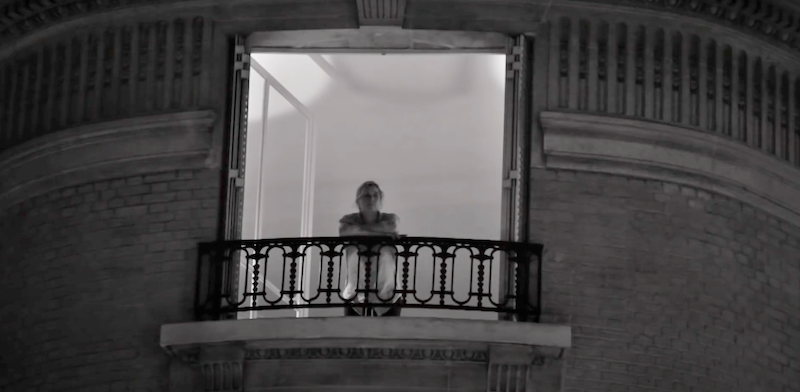
Scene: Paris
Frances is a dancer by trade, but I think it’s fair to say that throughout Noah Baumbach’s Frances Ha her real art is poor decision making. In that regard, her impromptu trip to Paris is her masterpiece.
The spontaneous journey to France is the quintessential youthful indulgence. “Oh to be so young and free that I could drop everything and jet off to Europe.” Unfortunately for Frances, Baumbach’s films delight in subverting such self-consciously grand gestures. In Kicking and Screaming a character engages in the classic end-of-movie race to the airport only to find he can’t get a last minute ticket. When the cashier offers him a ticket for the following day he deflates and declines. The moment will have passed by then. Frances doesn’t merely run to the airport, she flies to the other side of the Atlantic. As such, her antics earn her an even more brutal dismantling...
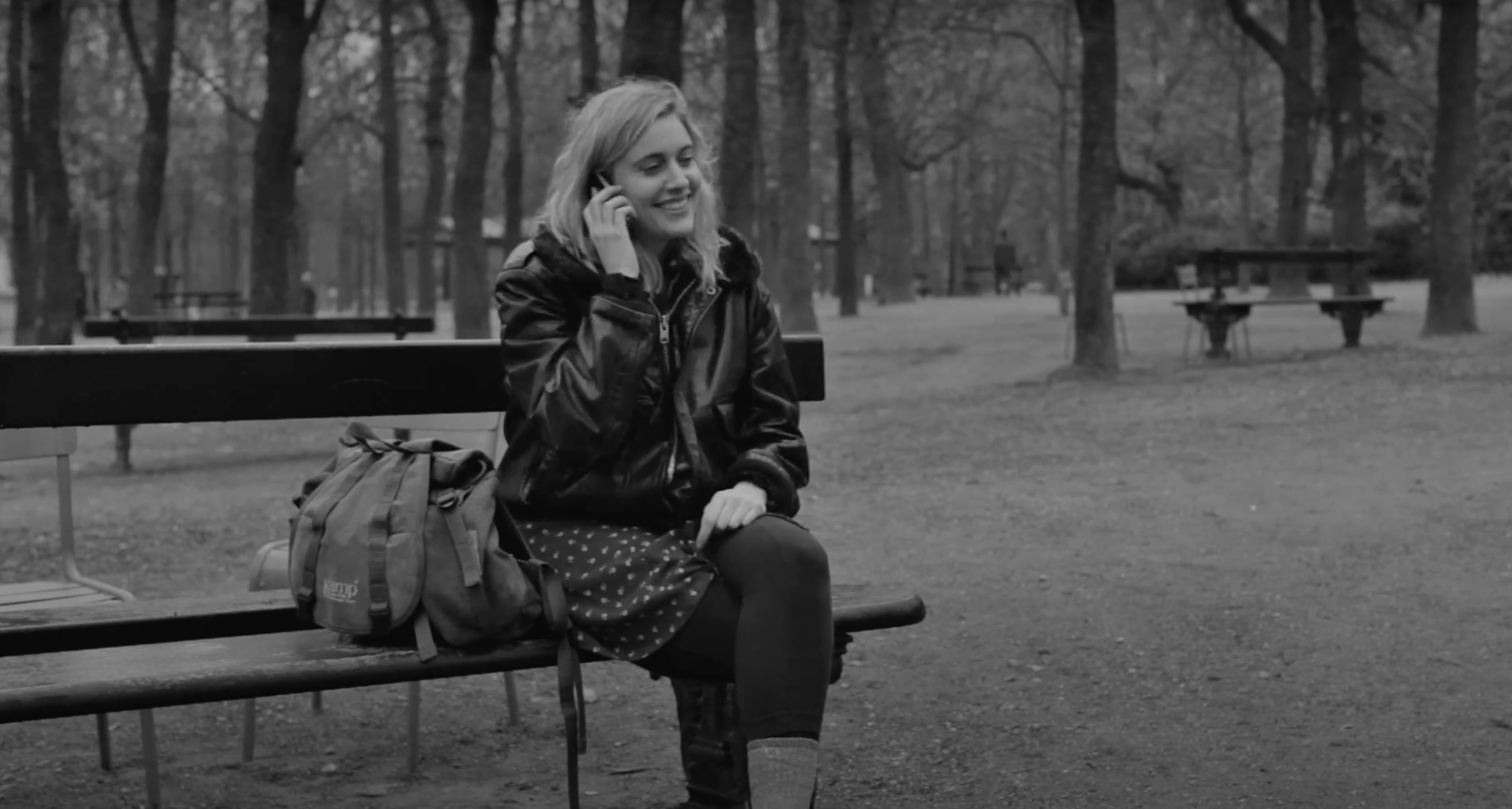
Frances, played by co-writer Greta Gerwig with a loopiness that oscillates between endearing and maddening, has arrived at twenty-seven newly single and precariously employed, still coasting off the excitement and freedom of her college years. She has reached the age when the gap between those who have their lives together and those who don’t becomes impossible to ignore. This is certainly the case between Frances and her joined-at-the-hip best friend, Sophie (Mickey Sumner). Sophie has a dream job and a stable boyfriend and in the film’s opening act, Frances finds herself abruptly abandoned to pay solo rent on an apartment she cannot remotely afford.
It could be an occasion for a thorough personal assessment, but Frances doesn’t really do reality, at least not yet. The film’s hyperactive cutting suggests Frances steering the movie according to her insouciant philosophy. No dwelling on setbacks, just bounce merrily to the next thing. The sparkling black and white cinematography also places Frances firmly outside reality. She resides in the romantic ideal of New York, the New York outsiders say with amazement and envy when they gasp, “You live in New York?
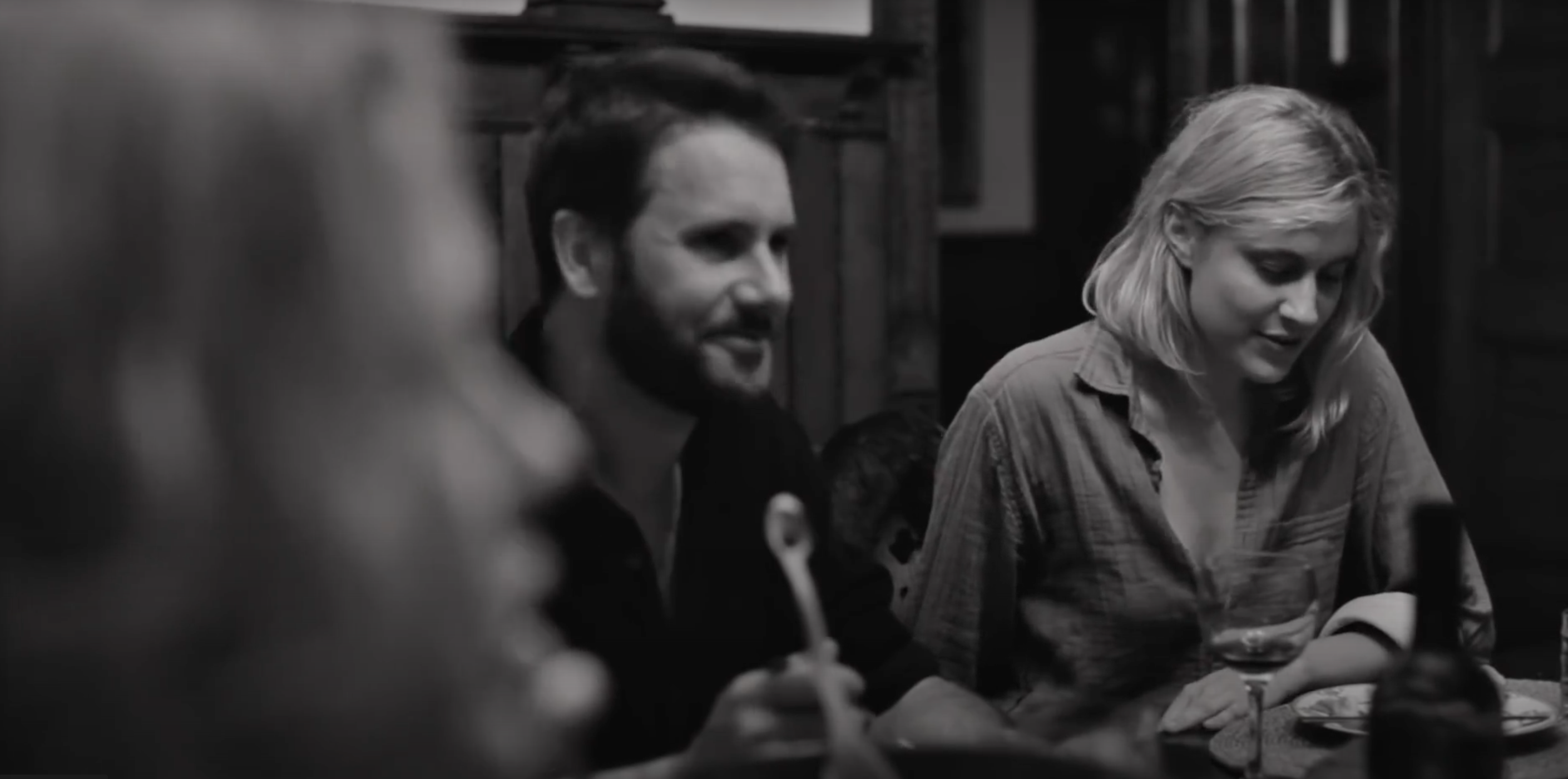
Even in this fanciful metropolis her belief the future she envisioned will work itself out is getting difficult to maintain in the face of mounting evidence to the contrary. At one point Frances endures a hellish dinner party where every person in attendance is comfortable in their success. It’s the kind of situation where even the polite ice-breakers like “So what do you do?” hit like deep personal attacks. So when the host offers Frances use of his apartment “next time she’s in Paris” with the casual tone most people would use to say “next time you order out.” Frances announces that yes, she would love to use the Paris apartment, for that coming weekend as a matter of fact. It’s a fit of passive aggressive petulance, and an indirect swing at her estranged bestie, whom she has just learned is dropping her dream job to follow her boyfriend to Japan.
In addition to being a regressive move in terms of maturity, it is also marvelously self-destructive on any number of practical levels. She has made zero plans, has an important meeting about her career Monday morning, and can most emphatically not afford to just jot over to France for forty-eight hours. Frances has a plan for that last one.
“I’m going to use a credit card I got in the mail,” she explains.
“That’s not smart,” she’s told. “That’s what they want. They want to keep you in debt.”
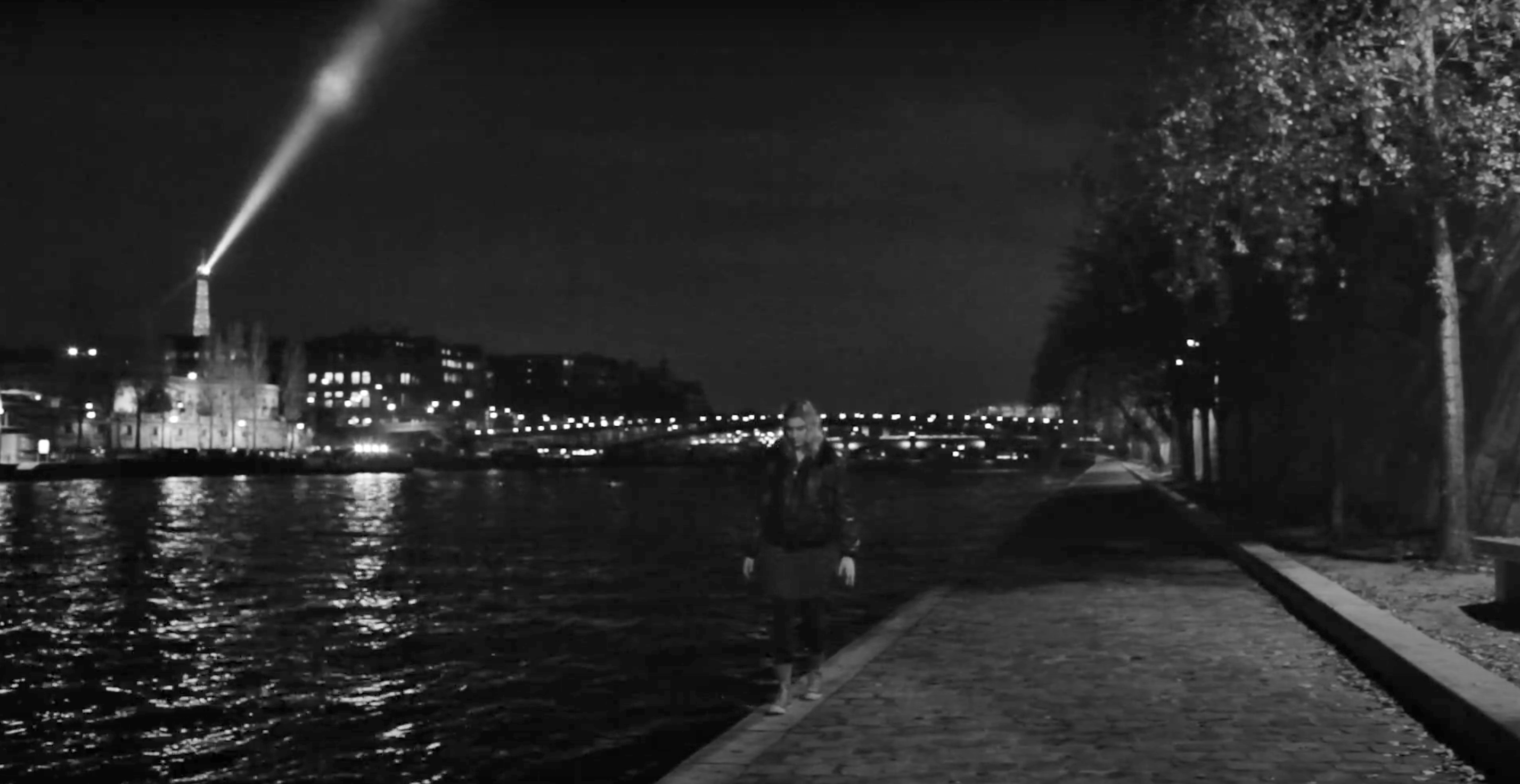
“I know that. I see documentaries,” Frances deflects. The screenplay by Baumbach and Gerwig is perceptive about the way smart people sabotage themselves, believing their self-awareness somehow shields them from consequences.
The trip is a shambles from beginning to end. She takes a sleeping pill to overcome jet lag and accidentally sleeps away the bulk of her trip, arriving at all her romantic Parisian destinations in time for them to close in her face. She desperately tries to meet up with a friend but the lack of planning prevents them from getting on the same page before Frances is in a cab back to Brooklyn. The capper is when she misses the opportunity to reconcile with Sophie and doesn’t have the heart to explain the idiotic reason she can’t attend her going away party. In the pathetically hilarious button to the sequence Frances is reduced to going to the movies alone, asking if it’s too late to get into Puss in Boots only to find her lack of planning has screwed her once again. There are few drugs as intoxicating as youthful spontaneity but like any drug eventually the hangover starts to outweigh the high.
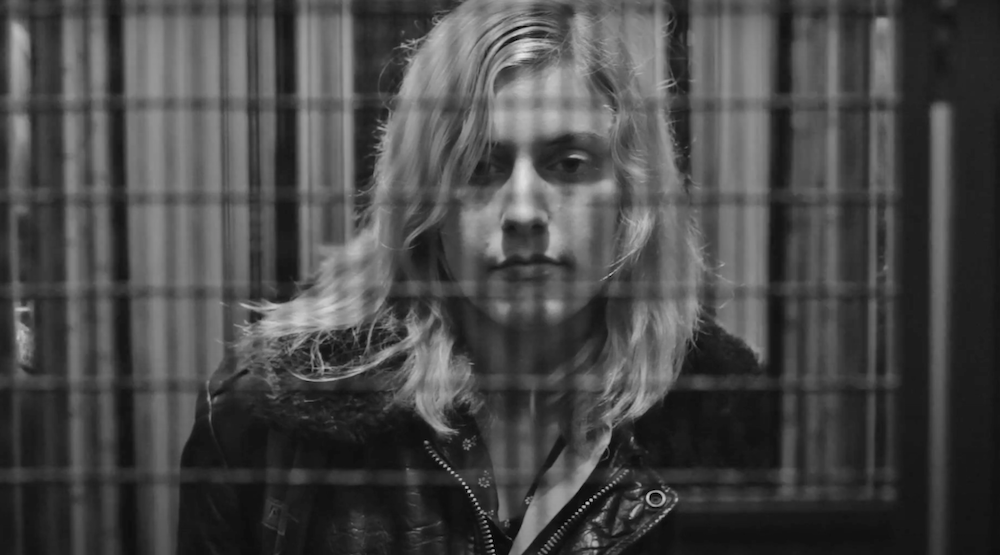
Follow Michael on Twitter and Letterboxd. More episodes of The New Classics.



Reader Comments (16)
I know I'm in the minority here, but I loathed this movie. A bildungsroman doesn't work if you don't care about the protagonist and I couldn't bring myself to care about Frances.
The New Classics, though, is one of my favorite series on TFE. Keep up the good work, Michael!
Michael - I love this movie and appreciated this take on it. It really gets to what's so fasciniating/maddening about FRANCES HA and how perfectly the film nails this particular psychosis.
Amory -- i so agree (on the series). This season is about to end *sniffle* but hopefully we'll get a third season down the line.
First time I watched this I absolutely loathed it. I just wasn’t in the right mood or something. Maybe Frances’ flaws and mistakes revealed too much of myself and I wasn’t ready yet to deal with it. I don’t know. But it was a complete turn around on the second go. I loved every single second of it. I’m so glad Greta Gerwig exists in my lifetime.
The funniest thing about the movie for me is her casual dismissal of the whole trip over the phone when she gets back. "Yeah, that was stupid". What an understatement.
I love this movie and really don't get the hate. The main character's actions can be kind of... ill conceived, but the film's charming distance from her leads to a wry kind of commentary. Most of the characters in French New Wave films are hardly people you'd want as friends either. I'm glad to see some support for the film. One of the things I dislike most about those Criterion Collection Facebook groups involves those "What's your least favorite film in the collection" threads. Inevitably, there are a bunch of haters for FRANCES HA and TINY FURNITURE (probably more for the latter than the former, but still, both). It almost raises the specter of misogyny, which, of course, is hardly new to film culture. (I also have a theory that people hate TINY FURNITURE because if it's jab at people with "film studies" degrees. Hey, I have two film studies degrees and I laughed. People need to lighten up.")
Greta gerwig a real genius ⭐️
YEEEEEEEEES, my favorite movie. I watched this movie in my early twenties and thought it was cute. But then I watched it with 27 and cried the whole movie
I love this film. The Paris sequence is incredible with the music of "Every1's a Winner" in the background as it's so ironic considering that Frances made a reckless decision without really thinking or planning. Still never been to Paris, physically.
I agree with Amory Blaine. Cannot stand this movie. Unlikable character that, in my opinion, sinks the entire movie.
The specificity of the Puss in Boots joke kills me. I can't think of a better movie from that time for that moment.
So good, probably Baumbach's masterpiece. Gerwig is an absolute delight here and in the very underrated "Mistress America."
One of my top ten favorites of the 2010s. I don't think Frances is unlikable, but a whole lot of great films (and tv series) feature unlikable protagonists, so I've never understood that criticism... particularly when the actor portraying the character is as charismatic as Gerwig.
I guess it depends. I was slightly younger than Frances the first time I saw the movie and I recognized counterparts from my life in nearly all characters. Grace Gummer's Rachel was probably the closest to mine - her annoyance, when Frances decides to go to Paris despite still not giving her debt back, resembled mine. The film overall stroke a chord among other students - in our university film club Gerwig even won Best Actress over Cate Blanchett which... c'mon. :)
I get that Frances might be hard to follow because several of her actions are beneath an adult human being but at the same time she changing right in front of our very eyes. I loved the cinematography and I'll always stand by the fact that it should have been Oscar nomination in Best Original Screenplay category.
I hate that usually the same people who hates Frances watches breaking bad and think Walter White is awesome.
I just can't get over guys (never women) saying they don't like certain films because the main character, when it's a woman, is "unlikable." Why do female leading characters have to be likeable? I'm guessing some of the people who say they don't like FRANCES HA because Frances is unlikable think RAGING BULL is a great film. How likeable is Jake La Motta? How likeable is Jack in THE SHINING, or either of the male leads in THE MASTER? It's almost only ever a criticism of female focused films. It's as if men, even progressive men, assume women in films exist to be liked Jesus.